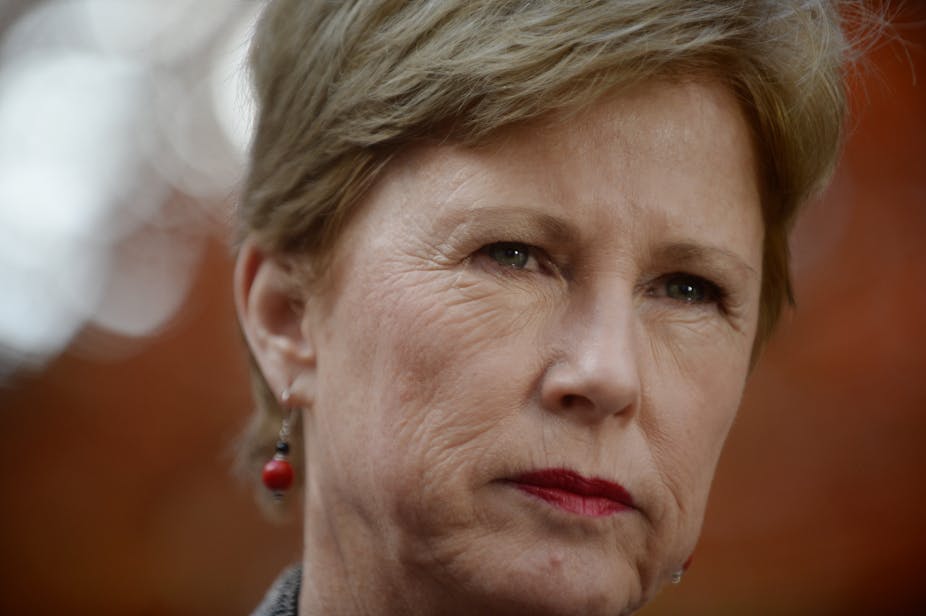The government appears likely to have to drop its plan to tie its proposed indexation of petrol excise to road building if it wants to get the measure through the Senate.
The Greens are against the hypothecation of the revenue for roads although they have long been supporters of abandoning the freeze that John Howard imposed in 2001 on the excise.
They are awaiting the legislation, which is expected to comprise two packages of bills, one dealing with the resumption of indexation and the other with the hypothecation, before taking a final position. It is not known whether the bills will be linked in some way, making it difficult to untangle them.
Greens leader Christine Milne is opposed to the tie-up with roads funding, saying the money should go to public transport – which won’t happen.
The fuel measure is worth $167.5 million in 2014-15 and $2.2 billion over the forward estimates. It is due to start on August 1.
The government will need to do its deal with the Greens because Clive Palmer’s PUP - which from July 1 will have the power to kill legislation opposed by Labor and the Greens - is against the change.
Palmer said today: “We don’t think it is justified. There’s no reason to increase [petrol prices].”
He said the Nationals had “sold out” people outside the capital cities who had to drive long distances.
The resumption of indexation on fuel excise is one of a raft of measures, worth more than $1.6 billion next financial year and more than $11 billion over the forward estimates, that require legislation quickly because they are due to start in the period July to September.
These do not include the highly controversial $7 Medicare co-payment, which does not begin until July 1 next year and so does not need legislation to be passed in the short term.
The urgent measures, with a July 1 commencement, include a freeze on the base rate of Family Tax Benefit A for two years, and a two-year freeze on the maximum rate of Family Tax Benefit A and B.
Also from 1 July the single parenting payment is due to be indexed by the consumer price index, which is less generous than the present indexation arrangement.
Another social security change with a July 1 commencement is the imposition of a three-year freeze on the income-free area and asset test limit for all working age allowance payments, student payments and the parenting payment.
Indexation of student income bank limits for student payments and indexation of childcare benefit income thresholds will also be fixed from 1 July for three years.
Many of the measures are at risk, although the various parties are still to make decisions on some of them. One item that is assured of passage is the temporary income tax levy on high earners, starting July 1 and raising $600 million in 2014-15 and $3.1 billion in total.
Apart from political obstruction, the government faces potential gridlock, with much of the urgent legislation yet to be introduced and the parliament, which is not sitting this week, having only a fortnight of sittings before June 30. It will meet in July, normally a non-sitting period. The government’s priority, however, will be to get the repeal of the carbon and mining taxes through the new Senate.


